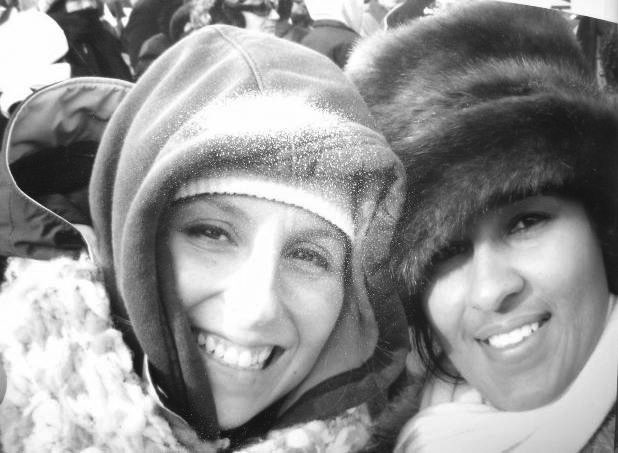U.S. turns a blind eye on Bush’s war crimes
Human rights violations too touchy for politicians to tackle
By Cal Colgan | gargoyle@flagler.edu
Last month, the nation watched as Barack Obama was sworn in as the 44th president of the United States—and the first half-black president of this country. There were whispers of change, hope and prosperity among the students at Flagler after they watched the new president speak of facing difficult times together- not as Muslims, not as Christians, and not even as representatives of our various cultures- but simply as Americans.
Yet, as the saying goes, “The shadow of the past eclipses the future.” And although the shining light of “the audacity of hope” still resonates in the American psyche, the rest of the world has not forgotten the dark shadow cast by George W. Bush and his cronies.


